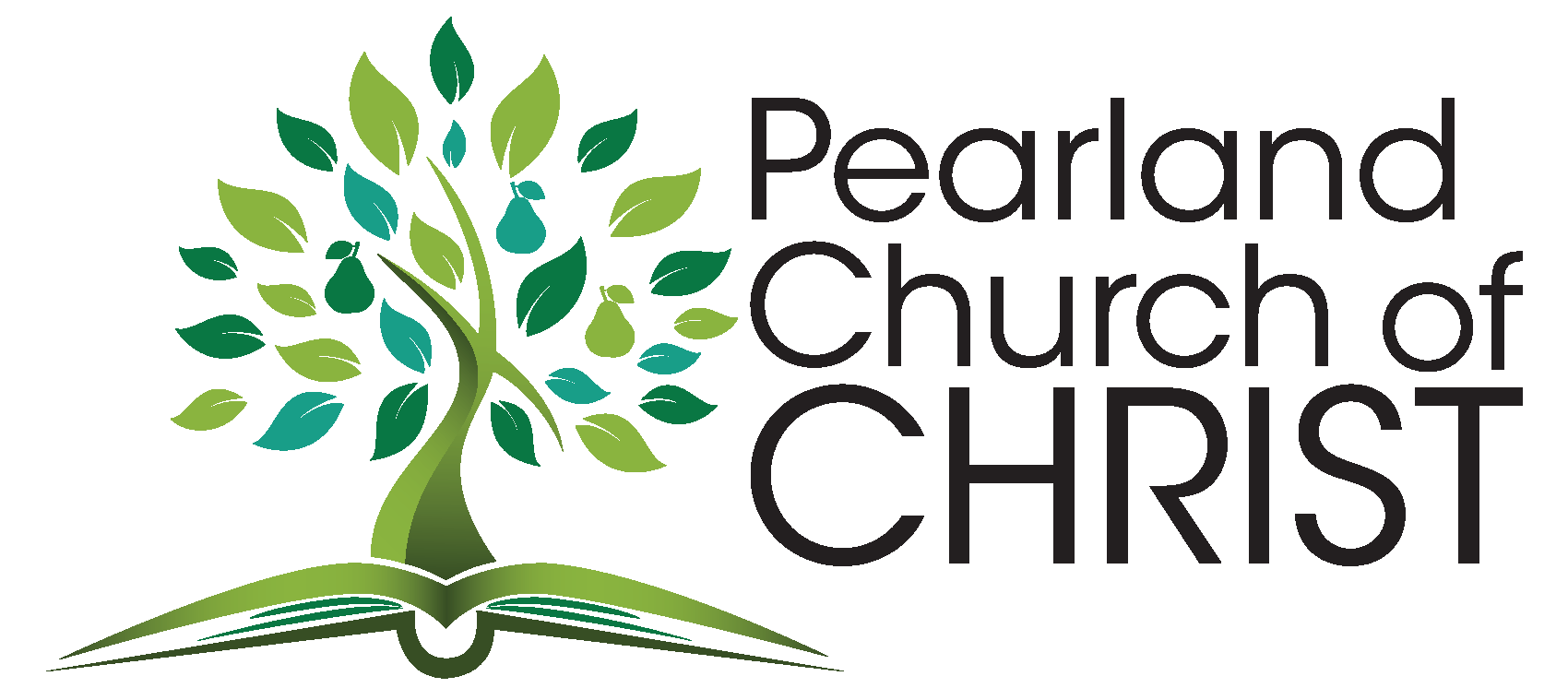The Psalms are among the best remedies for those times when we become anxious. That which discourages us or causes us to be afraid has already been experienced by others. So much of what depresses us is put into proper perspective when we read the psalms and are reminded of what troubled David. Psalm 143 is a great example of a psalm to read in troubled times. For the sake of brevity, I’ll just provide the verse reference along with a brief commentary.
(v. 1) With humble heart, David asks of God that his prayer be heard, not because David is worthy to be heard, but because God is faithful and righteous. We don’t deserve to be heard, but He has promised we will.
(v. 2) David appeals to the mercy that God can bestow and asks that Righteous God not look upon him as the Righteous Judge would, but as a Merciful God does. Today, we have access to His mercy.
(v. 3) David states his need for God’s mercy: the enemy has persecuted his soul, crushed his life to the ground, and forced him to live in the darkness of the caves. In the very places where dead are entombed, David has been forced to reside by his enemy. Probably, this refers to the days when Saul persecuted him.
(v. 4) The effect of the enemy’s persecution and pursuit is that David’s spirit is overwhelmed and he is confused by the illogic of it all.
(v. 5) This is the good part! David not only prays to a merciful God for mercy, he also reflects on the power of God and the work of His hands. And it is when David meditates on the goodness and power of God that he…
(v. 6) reaches out for God. Metaphorically, he wants to put his hand in the hand of God. His soul thirsts for God.
(v. 7) David confesses that being cut off from his family and hiding in the caves is not the worst that could happen. If God turns His face away, then David confesses that he is as a dead man. With God, David can endure and overcome. Without God, David admits he is as hopeless as the dead. But David does not only want to have his complaints heard, he wants three things from God that will sustain him.
(v. 8) LET ME HEAR YOUR LOVINGKINDNESS. Some say that this is asking for God to give David a demonstration of His loving care for David. That may be, but the latter part of the verse is a request that God would teach him the way in which he should walk. That speaks of instruction from God’s word, and I think it explains the first part of the verse. To hear God’s word and be instructed by God is to be the beneficiary of God’s lovingkindness. When we feel oppressed on every hand, is it our thought to turn to the Scriptures and be reminded of God’s love? Or, is it to turn to God in urgent and fervent prayer sans The Book?
(v. 9) DELIVER ME from my enemies. David says he takes refuge, not in the rocks and the caves of the wilderness— he takes his refuge in God. Why? Because he has reflected on God and the ways of God.
(v. 10) TEACH ME. David begs God to teach him to do God’s will because, “You are my God.” We often forget about David’s third request. We claim Him as our God, and we even buy the T-shirt that says it; but in times of distress do we pray as David did to be taught of God?
(v. 11) David asks for renewal or revival based not on his own righteousness because, as he stated in v. 2, in the eyes of God no man is righteous. Instead David asks for renewal of his spirit because God is righteous and will keep His word.
And finally, David asked specifically for aid with his specific concern. This is the time to ask, after his thoughts and anxieties have been tempered by what he knows of a righteous, merciful, and loving God.
(v. 12) And in Your lovingkindness cut off my enemies and destroy all those who afflict my soul … and here is the clincher … For I am Your servant.
With humble heart, a servant cries out to his God, confident he will be heard. And when a child of God has that same humility of heart and appeals to our faithful Father, we know He hears and He cares and He answers. And then the sun shines again–even when we are in the cave! It’s a great psalm!
Keep studying. DC Brown ©2017
